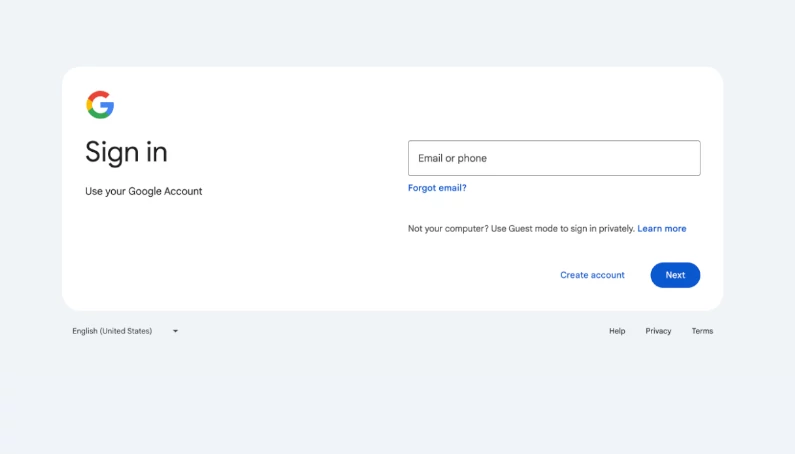Google is rolling out a significant visual update to its Google Account sign-in and sign-up pages, introducing a more modern design consistent with the Material Design aesthetic used across its other products.
This update will affect both web and mobile platforms, focusing solely on the visual aspect without altering the functionality of the pages.
New Google Sign-In Page on web: what’s changing
For administrators: There are no admin controls for this update.
For end users: No specific end-user settings are required to take advantage of these improvements. The changes will be automatically visible, and more information can be found by visiting Google’s Help Center to learn about the new sign-in page.
Update rollout pace and availability
The update will be gradually rolled out to both Rapid Release and Scheduled Release domains, starting on February 21, 2024, with completion expected by March 4, 2024. This update is available to all Google Workspace customers as well as to users with personal Google Accounts.
Useful resources
For more details, users are encouraged to visit Google’s Help Center, where extensive information about the new sign-in interface is available. With this update, Google aims to provide an even more intuitive user experience that aligns with the visual identity of its products, reaffirming the company’s commitment to innovation and continuous improvement of its services.


